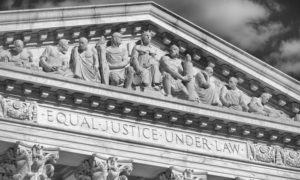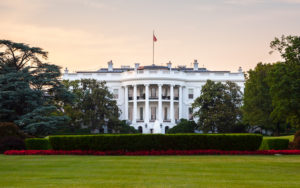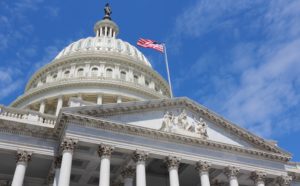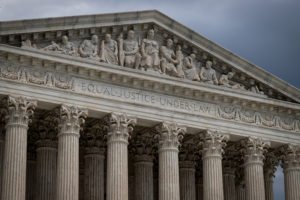Heavy on the “Mayo,” But No Hot Sauce
CIC Services avoided anti-administrative rhetoric while securing the check of judicial review on the IRS.
The Trump Administration’s Weaponization of the “Major Questions” Doctrine
Deregulatory attacks have twisted a legal concept meant only to restrain extraordinary actions.
Regulatory Recognition of Native Histories
Judicial disregard of Native Nations’ ethnohistory frustrates the purpose of federal law protecting Native remains.
Reflecting on RBG’s Legacy
Through her opinions, Justice Ruth Bader Ginsburg sought to instill equality and justice in the law.
Undoing the Regulatory Policies of the Trump Administration
The Administration has taken an aggressive approach in using legal tools to advance its regulatory agenda.
Continuous Judicial Review in Coronavirus Times
The Israeli judiciary exerts oversight and influence over the executive’s COVID-19 response.
Rethinking Judicial Oversight in a Time of Crisis
Administrative accountability demands resilient courts, especially in emergencies.
India’s Executive Response to COVID-19
Executive action, and judicial deference to it, dominate India’s pandemic response.
Disrupting Administrative Law in a Public Health Crisis
Australia disabled fundamental checks on its regulatory system to respond to COVID-19.
Statutory Clarity and Judicial Review of Regulatory Impact Analysis
Precise statutory language corresponds to better benefit-cost analysis and more consistent judicial review.
Severability in Agency Rulemaking
Agencies should include severability clauses in rules to minimize legal uncertainty.
Judge Kavanaugh’s Activist Vision of Administrative Law
In his D.C. Circuit cases, Judge Kavanaugh tends to disfavor most agency interpretations of statutes.












